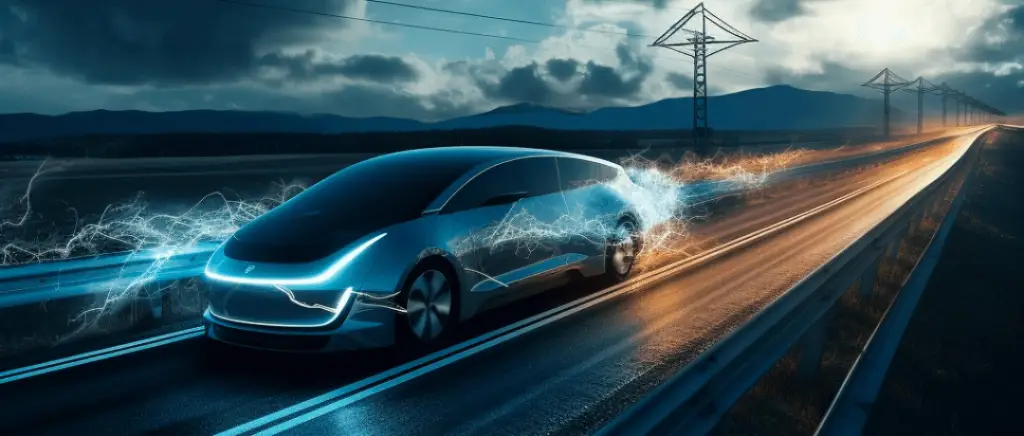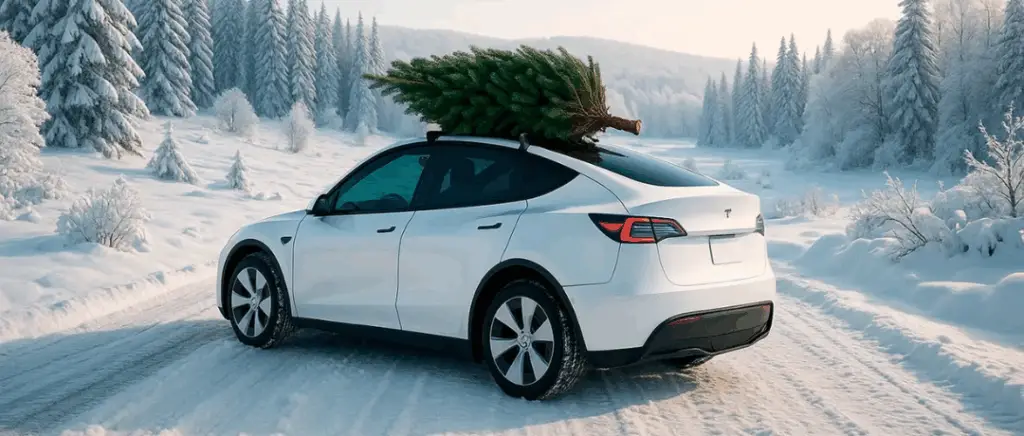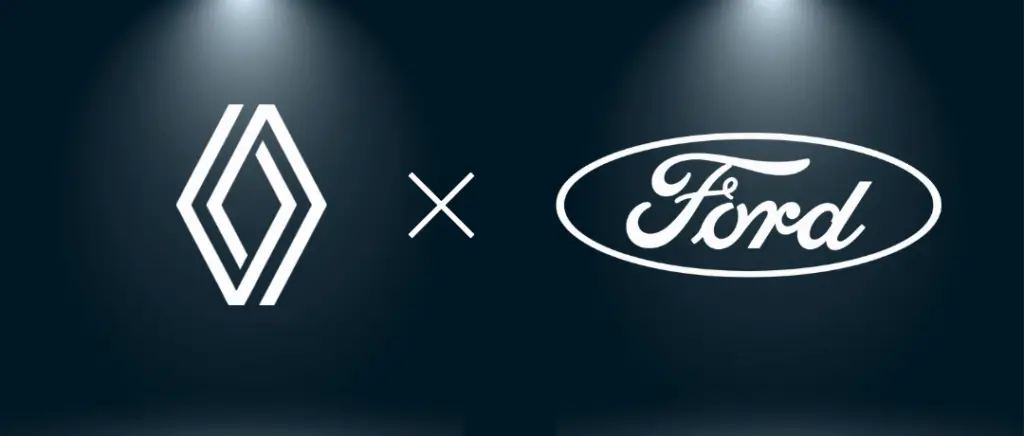Monday to Friday
9am - 12.30pm - 2pm - 7pm
Progress towards a autonomy 1000 km for electric vehicles
Since their appearance on the automotive market in the 2010s, electric cars have attracted a great deal of attention for their role in reducing carbon emissions and promoting environmentally-friendly mobility.
Although their environmental benefits are obvious, therange of electric cars remains a major challenge for widespread adoption! There are concerns about the suitability of electric cars for motorway journeys. In fact, this concern often hinders the adoption of electric cars.
Read also : 10 long-range electric cars in 2023
Current range of electric cars
In 2024, the capacity of electric cars has evolved since the first models. Manufacturers have stepped up their work on batteries to extend the distances covered on a single charge.
According to theInternational Energy AgencySince their arrival on the market, the range of electric cars has continued to increase. The figures rise from 211 kilometres in 2015 to 338 kilometres in 2020. Here are the details for the last few years:
- 2015: 211 km
- 2016: 233 km
- 2017: 267 km
- 2018: 304 km
- 2019: 336 km
- 2020: 338 km
Currently, several models offer an average range of 250 to 400 km, including the Volkswagen e-Up or the Renault Zoéor even more on a full charge. The maximum range of electric cars is around 600 km, as the Hyundai Ioniq 6This represents a significant increase on previous generations.
For more information, please see our article on thethe current state of electric car battery autonomy.
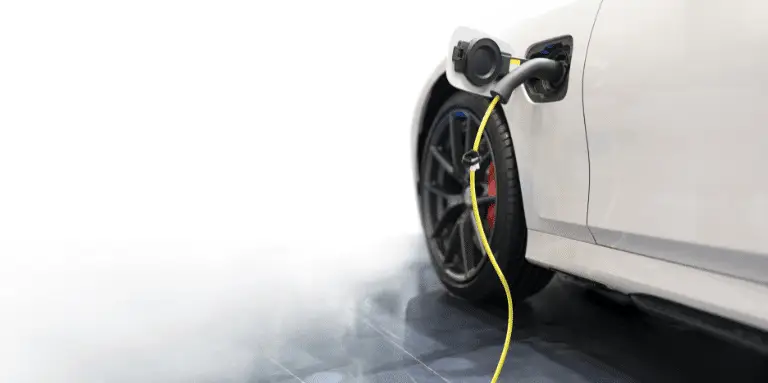
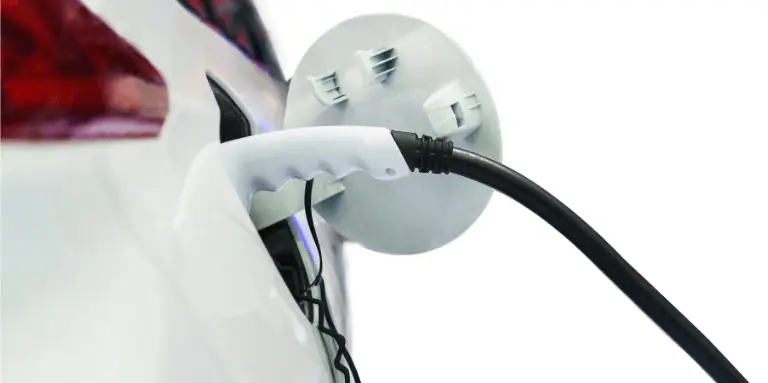
The Chinese companies behind this new initiative battery great autonomy
In the race for electric car range, Chinese companies have taken the lead, unveiling revolutionary batteries capable of achieving peak ranges of up to 1,000 kilometres. These companies have shaken up the established norms, presenting astonishing technological innovations.
Gotion High-Tech, the battery manufacturer
Recent advances at Gotion High-Techa Chinese battery manufacturer, are shaking up battery technology for electric vehicles. The battery Astroinno L600 LMFPtheir flagship innovation, aims to drastically extend the range of electric carsensuring 1,000 km on a single charge.
In fact, in the field of lithium-ion batteries, the dominant technology is mainly focused on the LFP batteries (lithium, iron and phosphate). These have a fairly low energy density (180 Wh/kg on average).
However, in contrast to these LFP batteries, we have the PSMA batteries. This type of battery also uses manganese, which should increase energy density to around 240 Wh/kg while reducing weight and size.
The battery in question is based on :
- lithium,
- iron,
- manganese,
- phosphate.
In short, this would be a breakthrough that could revolutionise the electric car sector.
The battery from Gotion, a player widely recognised as the leading supplier of Volkswagengoes far beyond simply extended autonomy: it marks a significant advance in battery durability and performance.
According to Cheng Qian, Executive President of Gotion High Tech's International Business Unit, these are the characteristics:
- reduces the number of parts in the battery by 45 %,
- reduces the weight by around 32 %,
- withstands over 4,000 charge-discharge cycles at ambient temperature,
- 1,500 fast charge cycles,
- load from 10 to 80 % in the space of 18 minutes.
This resistance translates into an estimated lifespan of two million kilometres, or roughly the equivalent of 130 years' average driving.
Despite these high levels of performance, the Astroinno L600 LMFP battery is said to have lower production costs than its competitors: the Chinese firm expects its creation to be 5 % less expensive than an LFP cell and up to 25 % less expensive than an NMC cell (nickel-manganese-cobalt), another technology widely adopted in the automotive sector.
In addition, Gotion High-Tech's international expansion is gathering pace thanks to new investments in battery production sites in Morocco, the United States and Slovakia. This growth consolidates their commercial position while stimulating sustainable growth in the global market for electric cars.
According to Gotion High Tech, the Astroinno L600 LMFP battery has passed a number of tests, so large-scale production should begin by the second quarter of 2024 at two factories in China's Anhui province.
CATL, the world leader in the production of batteries for electric cars
In August, the market leader in batteries for electric cars, Contemporary Amperex Technology Co. Limited (CATL), anticipated an ultra-fast-charging battery, offering 400 km of range in just 10 minutes. Indeed, in February 2023, CATL once again claimed the title of world leader in terms of market share for the sixth year running, outperforming its nearest competitor, LG Energy Solution, by 25 %.
As a result, according to the Chinese media, the world leader in batteries recently launched large-scale production of its batteries. Qilin CTP 3. Their impressive energy density enables them to cover 1,000 km on a single charge. These new cells are based on the pack design of the 4680 and will be launched in the MPV. Zeekr 009.
According to the company's tests, this battery claims :
- have a range of 1000 km,
- regain 300 km of range in just 5 minutes,
- consumption of 10.5 kWh/100km
- almost half of all current electric vehicles. For example, it's 13.2 kWh/100 kilometres for the Tesla Model 3 Propulsion.
- the range still reaches 700 km in these conditions, reduced by 30 % at -7°C.
The first model to incorporate this technology will be unveiled by NETA in the third quarter of 2024.
To illustrate my point more clearly, here are the performances that this battery could offer:
| CARACTÉRISTIQUES | PERFORMANCES |
|---|---|
|
Battery capacity
|
140 kWh
|
|
Power
|
400 kW (543 bhp)
|
|
Max. speed
|
200 km/h
|
|
0 to 100 km/h
|
3,8 s
|
|
Consumption
|
14.7 kWh/100 km
|
|
Refill from 0 to 80 %
|
10 min at 400 kW
|
|
Battery weight
|
727 kg
|
|
Vehicle weight
|
2,345 kg
|
|
CLTC autonomy
|
1,032 km
|
What's more, CATL goes beyond supplying batteries to industry leaders, in the same way as Tesla. In fact, the Chinese company is presenting its renowned chassis CIIC (CATL Integrated Intelligent Chassis) as a new creation.
These results were shared by CATL's chief scientist, Wu Kai, at the International Automobile Conference on 30 November 2023.
CATL's new chassis, based on CTC technology (Cell to Chassis), directly integrates :
- electric motors,
- battery,
- high and low voltage system,
- direction,
- brakes.
Presumably, this chassis will be compatible with the Qilin CTP 3.
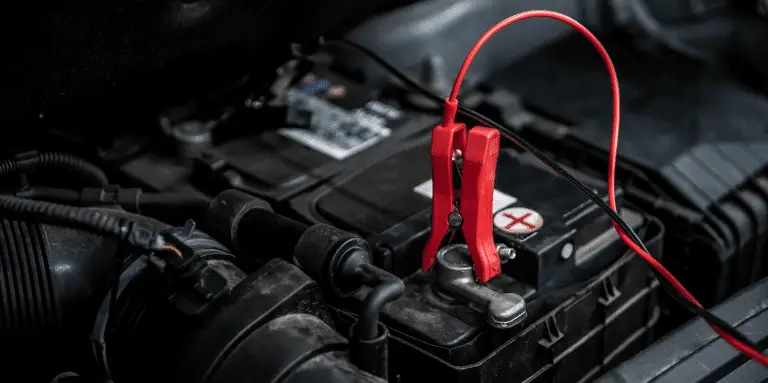
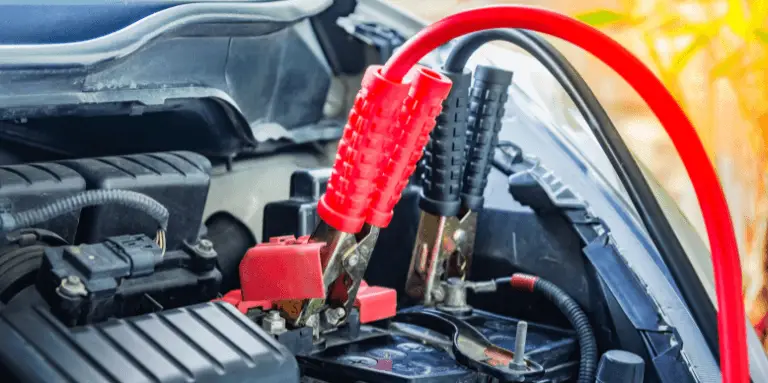
Start-up Greater Bay Technology
Greater Bay Technology, a start-up based in China and a subsidiary of Guangzhou Automobile Group (GAC), has followed in the footsteps of its competitors in unveiling the development of a battery that can withstand extreme temperatures, guaranteeing a range close to 1000 km. The latter would be called "Phoenix".
That said, GBT claims to have created its own technology to maintain battery performanceeven in difficult weather conditions, particularly in winter.
Read also : Electric car range: 6 winter tips
According to the GAC Motor subsidiary's presentation on WeChat, the use of superconducting materials combined with precise thermal management would make this feat possible.
According to the company's chairman, Huang Xiandong, the revolutionary battery can :
- from -20°C to 25°C in 5 minutes,
- withstand extreme heat and cold,
- can be recharged from 10 to 80 % in just 6 minutes.
According to the Chinese company, the Phoenix battery should equip the GAC Aion electric vehicle from 2024, and could also be adopted by other manufacturers: discussions are currently under way for its distribution. In China, the competition looks set to be fierce, with the presence of giants such as CATL, mentioned above, and BYDalso involved in creating more efficient batteries.
WeLion, Nio's supplier
With the launch of the ET7 in spring 2021, Nio has confirmed the arrival of a new battery on its electric vehicles. It will join the 75 and 100 kWh versions already on sale.
The battery in question, designed by Chinese specialist WeLion, has a capacity of 150 kWh and uses a semi-solid electrolyte. Now combined with the battery exchange system, this new unit promises a range approaching 1000 km (according to the CLTC cycle, not the WLTP) and will be incorporated into all new Nio models.
For example, the Nio ES6 should be certified for a range of 930 km according to CLTC, equivalent to almost 790 km in WLTP cycle. The significant decline can be explained by its nature as a Electric SUVheavier and less aerodynamics a electric saloon.
If the application is approved by the Ministry, Nio will be able to integrate its 1000 km range battery into all its electric cars, giving it a competitive edge.
Here are some of its features:
- 1000 km range
- 150 kWh capacity,
- density of 360 Wh/kg (only 20 kg more than the 100 kWh unit).
This new battery pack is easily adaptable to Nio's other electric vehicle models. Its dimensions and connections are identical to those of a conventional pack, which is why Chinese customers will be able to exchange their 75 or 100 kWh batteries (for a limited time) for this new offer.
Summary table of Chinese companies developing long-range batteries
| Company | Technology | Key features | Availability |
|---|---|---|---|
| Gotion High-Tech | LMFP Astroinno L600 battery | - Range: 1000 km - Energy density: 240 Wh/kg - Recharges 10-80% in 18 min - 4000 cycles at ambient temperature |
Forecast production Q2 2024 |
| CATL | Qilin CTP 3.0 battery | - Range: 1000 km - Energy density: 255 Wh/kg (NMC), 160 Wh/kg (LFP) - Recharges 10-80% in 10 min - Volumetric efficiency of 72% |
Series production from 2023 |
| Greater Bay Technology | Phoenix battery | - Range: 1000+ km - Energy density: 260 Wh/kg - 0-80% recharge in 6 min - Operates from -20°C to +25°C |
Production scheduled for 2024 |
| WeLion | Semi-solid battery | - Capacity: 150 kWh - Energy density: 360 Wh/kg - Range: 1000+ km (CLTC) - Compatible with Nio battery exchange |
Series production since 2024 |
Conclusion
The quest for an electric battery with a range of 1,000 km is gathering pace, marking an era of progress and innovation in the field of electric vehicles. These revolutionary advances promise to reshape the way we think about sustainable mobility, impacting professionals and private individuals alike.
This constant quest for extended range has stimulated unprecedented competition between players in the automotive industry. The latest announcements of revolutionary batteries capable of breaking the 1,000 km barrier demonstrate the promising potential for the future of electric cars.
This path towards ultra-high-performance batteries encourages us to further explore technological advances and manufacturers' initiatives to turn these revolutionary promises into reality.
To keep up to date with these electrifying innovations, follow our next articles on Beev to find out all about the exciting developments in the world of electric cars.
You would like toto electric?
Beev offers multi-brand 100% electric vehicles at the best prices, as well as recharging solutions.
